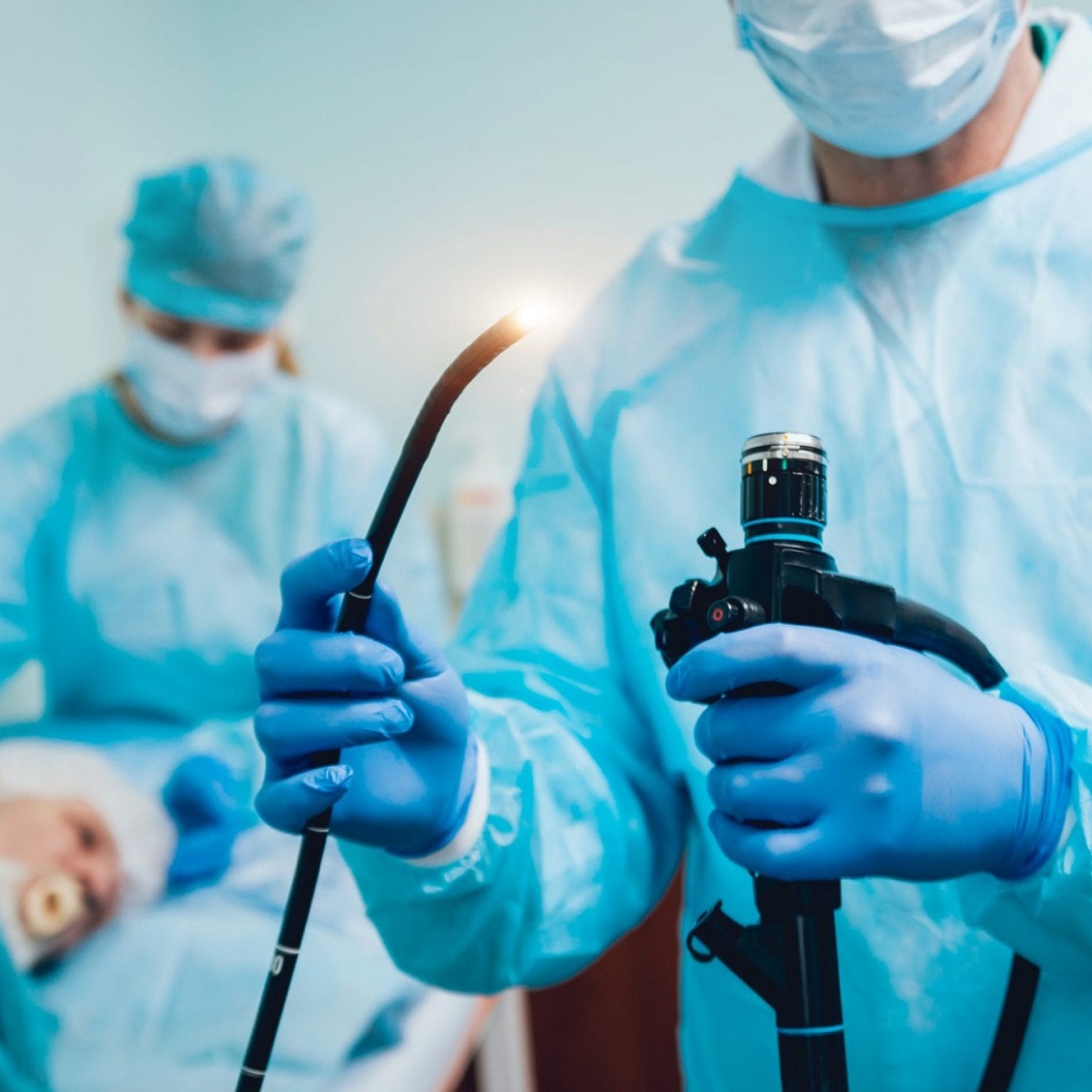

Colon cancer is a topic some people would rather ignore. After all, talking about your bathroom habits can be uncomfortable.
But colorectal cancer is one of the leading causes of cancer death in people under 50. So knowing your risk and getting screened could save your life.
Hackensack University Medical Center gastrointestinal medical oncologist Tracy Proverbs-Singh, M.D. explains nine reasons to schedule your next – or first – colon cancer screening.
Colon Cancer Risk Factors to Take Seriously
1. Age
Most cases of colon cancer happen in people over age 50. But colon cancer is rising in people younger than 50. That’s why the recommended age to start screening is 45. If you are nearing 45 or past due for your first screening, talk to your doctor about getting on schedule, Dr. Proverbs-Singh says.
2. Race
African-American and Native American people are more at risk for colon cancer. Although race is one risk you can’t reduce, Dr. Proverbs-Singh says timely screening can prevent and catch cancer while it is treatable.
3. Medical History
If you have had polyps or a previous colon cancer diagnosis, your risk of colon cancer is higher. If either of your parents or any of your siblings or children have had colon cancer, your risk is elevated. Some studies have shown having grandparents, aunts, uncles or cousins with colon cancer may also increase your risk.
4. Inflammatory Bowel Disease (IBD)
Conditions like ulcerative colitis and Crohn's disease are examples of IBD, and they can increase your risk of colon cancer. Tell your doctor if you have unusual symptoms that won’t go away, such as:
- Stomach cramps, gas or pain
- A feeling that your bowel doesn't empty completely
- Diarrhea, constipation or a change in the texture of your stool
- Blood in your stool
- Weight loss without trying
- Weakness or tiredness
5. Genetic Syndromes
Some genetic conditions, such as familial adenomatous polyposis (FAP) and Lynch syndrome, can increase your risk of colon cancer.
6. Lack of Activity
People who are inactive have a higher chance of developing colon cancer. Regular activity may decrease your risk of colon cancer and other risk factors, like obesity and diabetes.
7. Obesity
Having obesity can increase your risk of colon cancer. It can also raise your risk of diabetes, another colon cancer risk factor.
“The link between obesity and colorectal cancer has to do with hormones,” says Dr. Proverbs-Singh. “Excess fat can cause your body to make too much insulin. And excess insulin can throw other hormones out of balance, too. These imbalances can cause your cells to grow out of control.” Unchecked cell growth can lead to tumors.
8. Diabetes
Having diabetes raises your risk of developing colon cancer for similar reasons as obesity. People with type 2 diabetes have too much insulin, which can feed unhealthy cell growth.
9. Smoking and Alcohol
Heavy drinking and smoking can increase your risk of colon cancer. If you smoke, try to stop. A smoking cessation program and support group can help.
Prevention and Screening
Colon cancer begins as a clump of noncancerous cells (called polyps) on the inside of the colon. These polyps can become cancerous over time.
“They often produce few, if any, symptoms, especially in the early stages,” explains Dr. Proverbs-Singh. That’s why screening is so important. Regular screenings through at-home tests (if you have low or average risk) or colonoscopies can catch polyps before they turn into cancer.
Besides screenings, you can take steps to prevent colon cancer, like:
- Maintaining a healthy weight
- Exercising on a regular basis
- Eating a high-fiber diet of fruits, vegetables and whole grains
- Drinking alcohol in moderation, if at all
- Not smoking
A healthy lifestyle will lower your risk of colon cancer, but screening is important for everyone. Talk to your doctor about your risks and when to get screened.
Next steps & resources
- Meet our source: Tracy Proverbs-Singh, M.D.
- To find out if you're due for cancer screening, make an appointment with a primary care provider or gastroenterologist near you, or call 800-822-8905.
- Learn more about cancer screenings, including colorectal cancer screening, at Hackensack Meridian Health.
Find a doctor near me

Are Colonoscopies Really That Bad?

Bloomfield Man Hits Home Run With Colon Cancer Treatment

Teaneck Man is Colorectal Cancer-free Just Days After Diagnosis
